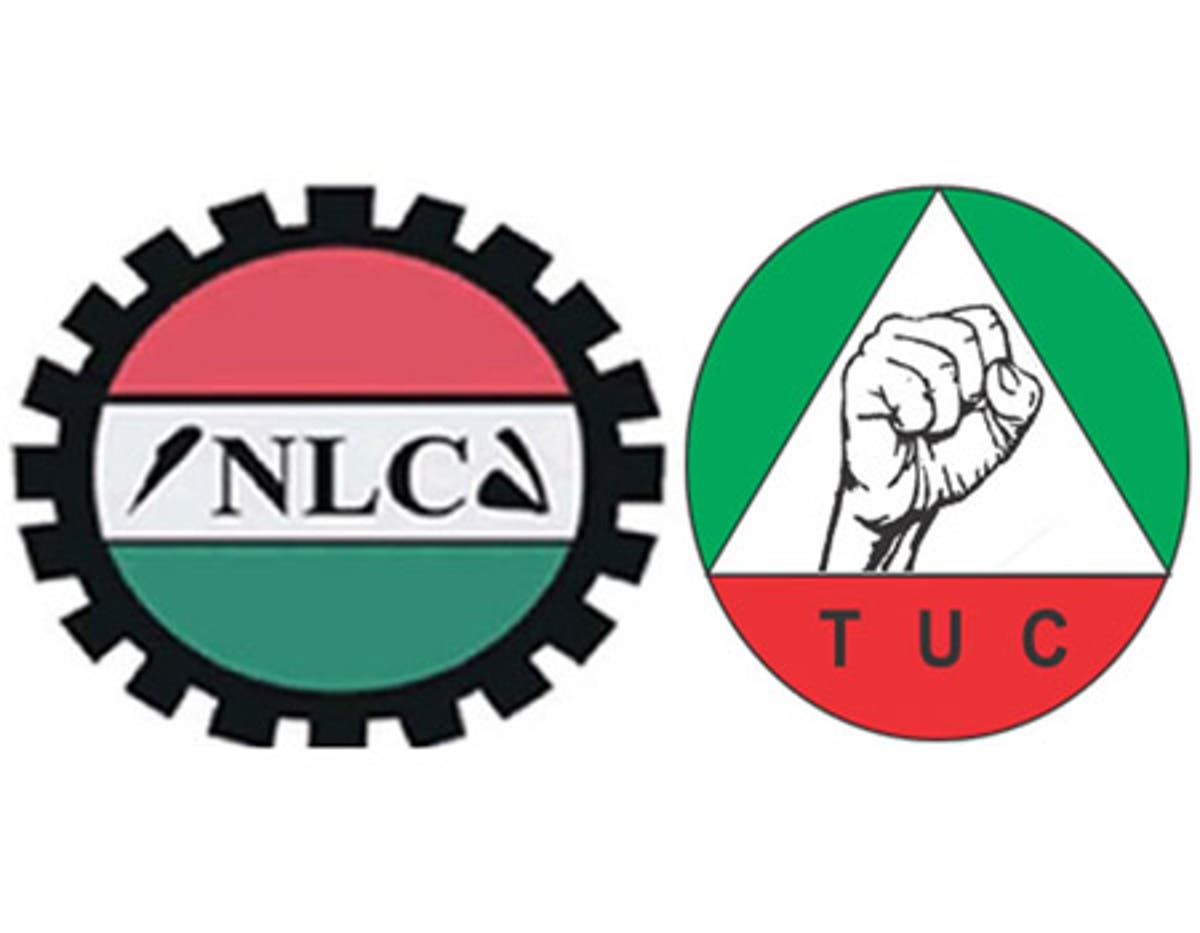Nigeria’s economy ground to a halt on Monday as organized labor unions launched an indefinite nationwide strike.
The Nigeria Labour Congress (NLC) and Trade Union Congress (TUC) called the strike to protest the Federal Government’s failure to implement a new minimum wage and reverse the recent hike in electricity tariffs.
The strike action disrupted key sectors, including aviation, power, banking, ports, energy, road transport, and telecommunications.
Airports across the country witnessed flight cancellations, leaving passengers stranded. The Transmission Company of Nigeria announced a nationwide blackout as workers shut down the national grid.
Banks and financial institutions partially closed operations, while public offices remained shut due to strike compliance. Activities at the National Assembly Complex and Federal Secretariat in Abuja were also grounded.
Tensions ran high when the labour unions alleged intimidation by the army during their meeting with the Secretary to the Government of the Federation (SGF), Senator George Akume. However, the Nigerian Army clarified that its operatives were accompanying the National Security Adviser.
After marathon negotiations, the Federal Government and labor leaders reached a deal late on Tuesday night to suspend the ongoing strike. The four-point resolution, signed by representatives from both sides, stated the government’s commitment to paying a minimum wage higher than the previously proposed N60,000.
As per the resolution, a tripartite committee will meet daily for the next week to arrive at an agreeable national minimum wage figure. Organized labor has agreed to convene immediately and consider the government’s commitment, with assurances that no worker will be victimized for participating in the industrial action.
Earlier, organized labor had proposed a minimum wage of N494,000, while the government had offered N60,000. Experts have called for both parties to be realistic and empirical in their approach, considering the economic implications and the citizens’ needs.
The strike action has further exacerbated the challenges faced by Nigeria’s already struggling economy, grappling with high inflation, unemployment, foreign exchange fluctuations, and an energy crisis. As negotiations continue, all eyes will be on the tripartite committee’s deliberations to find a middle ground and resolve the minimum wage impasse.



